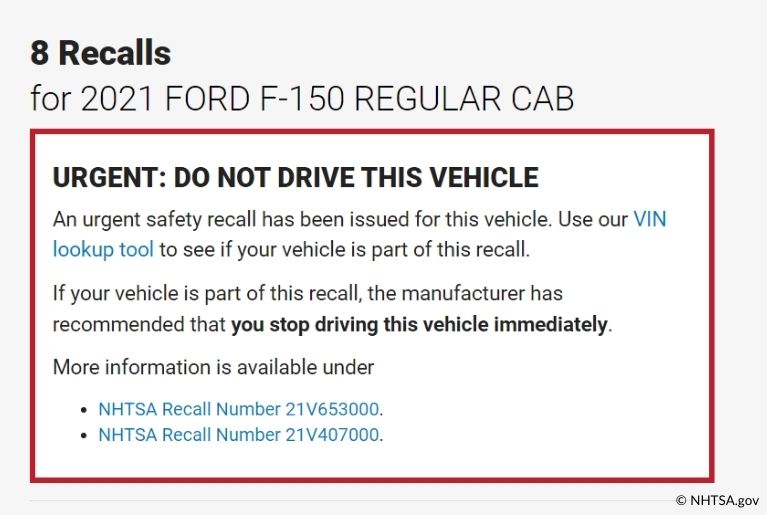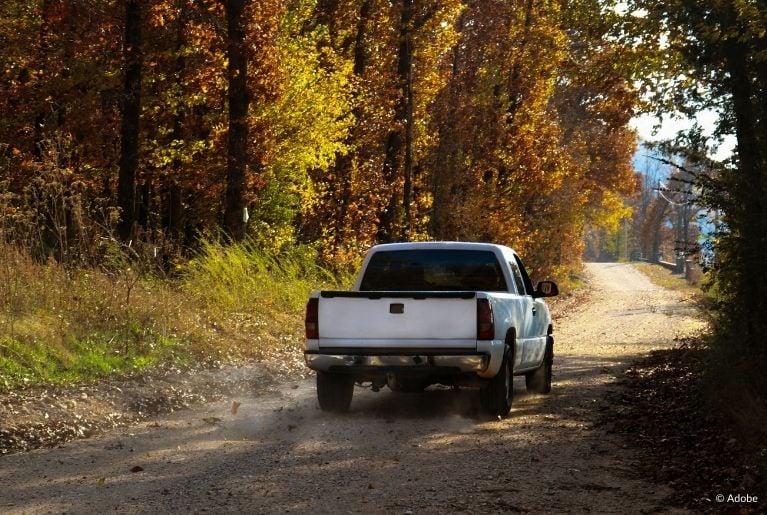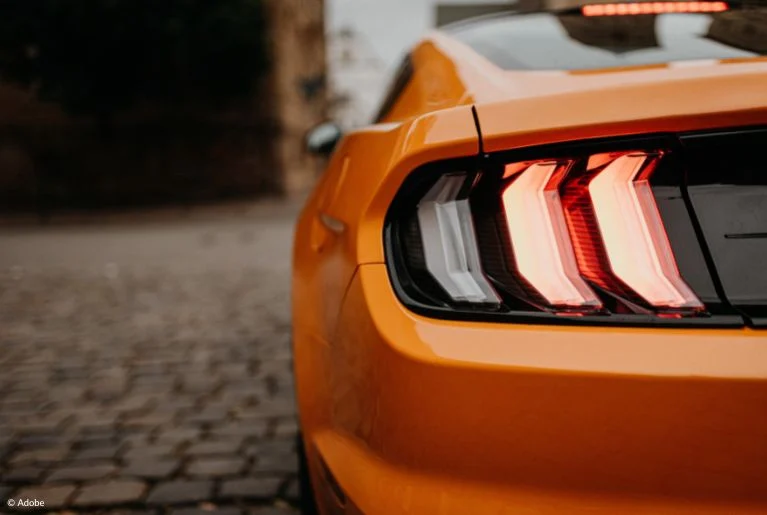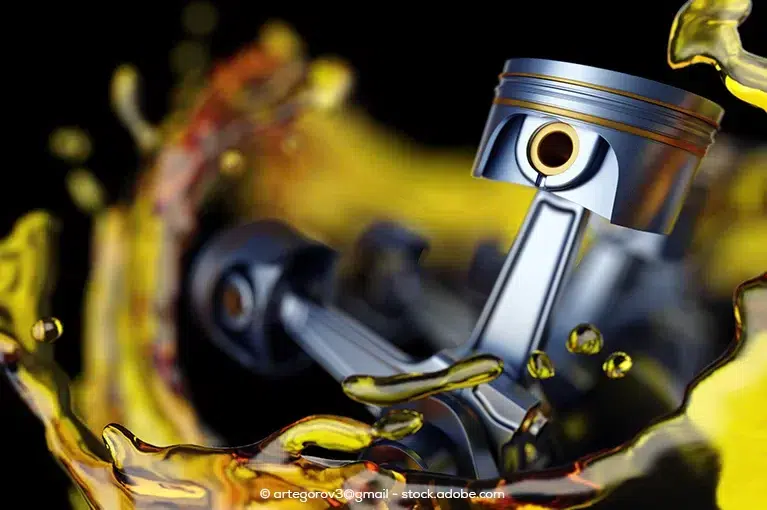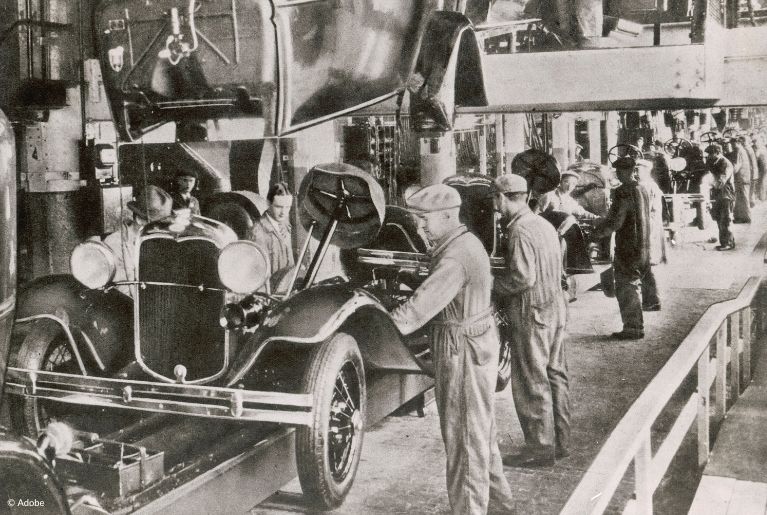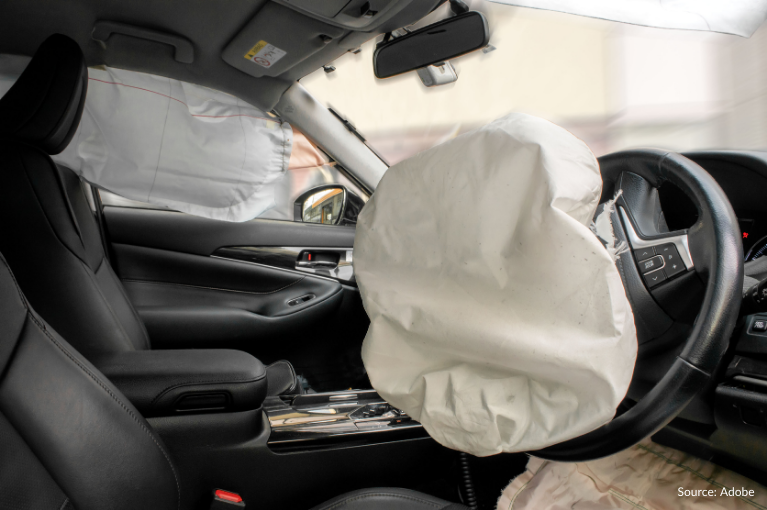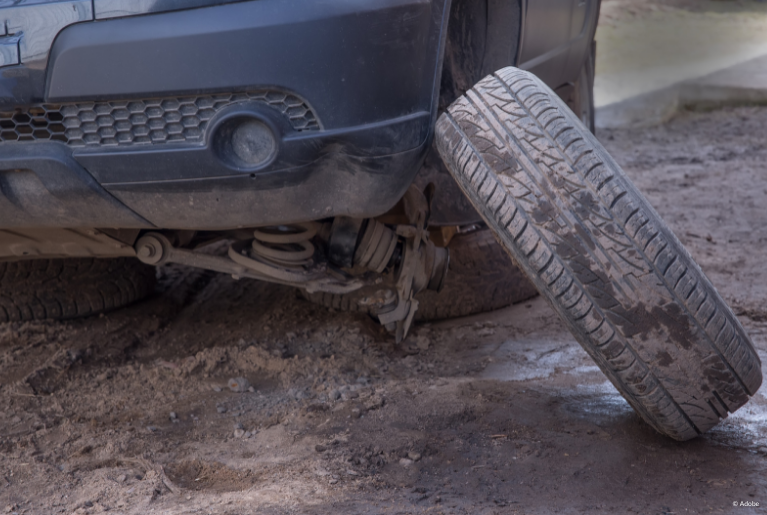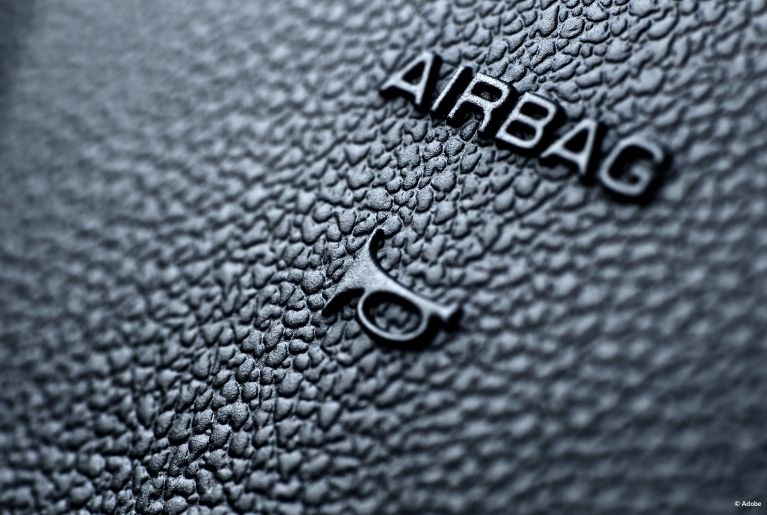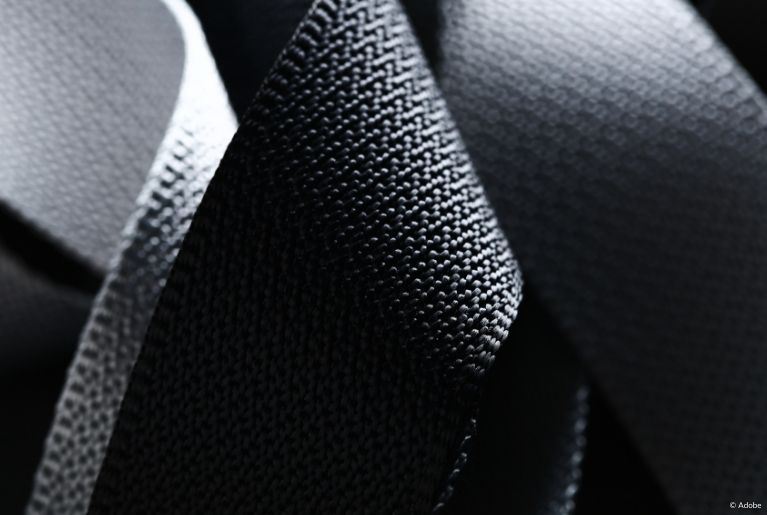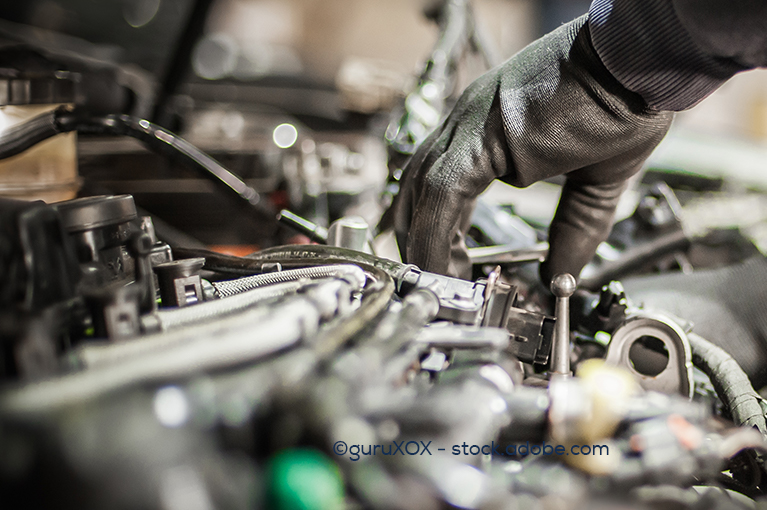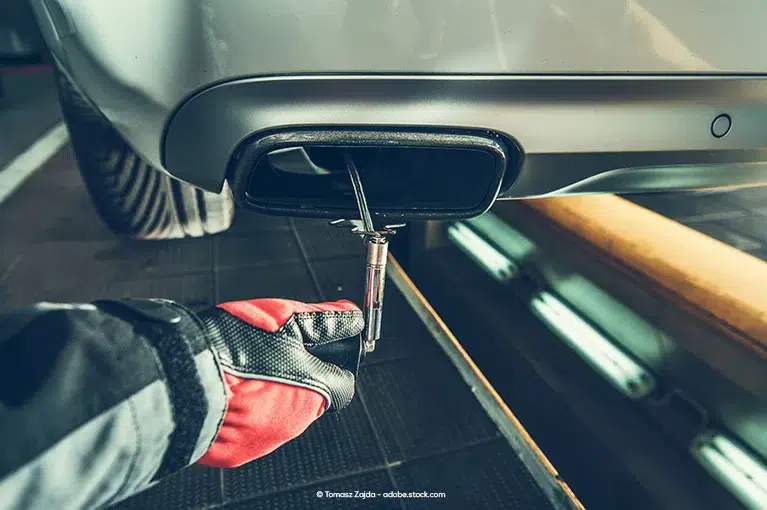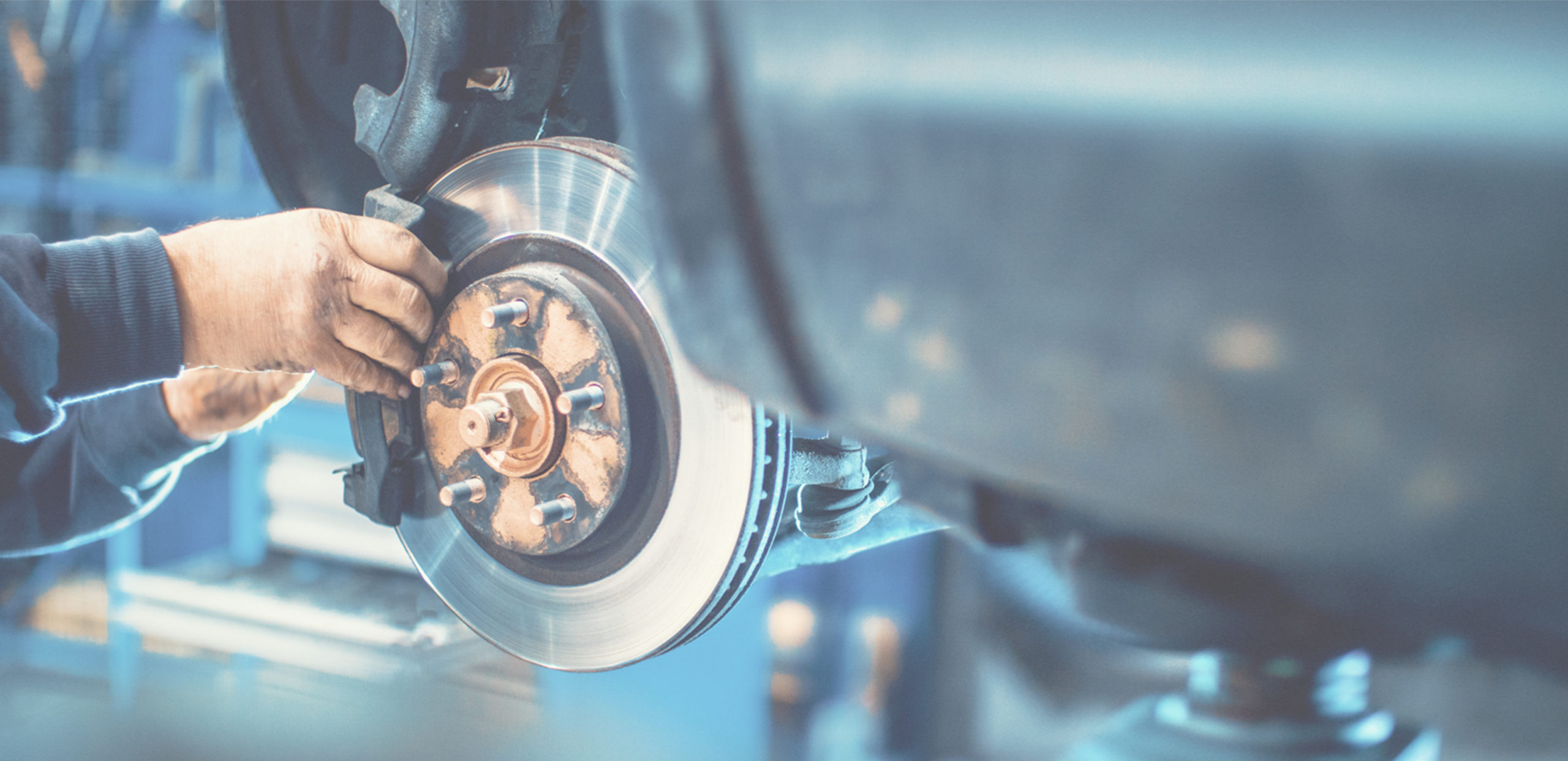Update: This investigation has concluded and resulted in a Ford EcoBoost engine recall.
Ford EcoBoost engine failures have prompted an investigation into more than 700,000 model year 2021-2022 Ford pickup trucks and SUVs.
The expanded probe includes the following vehicles in the “Nano” engine family:
- 2021-2022 Ford Bronco
- 2021-2022 Ford F-150
- 2021-2022 Ford Edge
- 2021-2022 Ford Explorer
- 2021-2022 Lincoln Aviator
- 2021-2022 Lincoln Nautilus
Under normal driving conditions, the vehicles equipped with 2.7-L and 3-L EcoBoost engines may lose motive power without warning and be unable to restart. The loss of motive power is caused by catastrophic engine failure, which itself may be related to intake valves prone to fracture. When this occurs, the vehicles typically require a full engine replacement.
According to the ODI resume, the faulty intake valves were made out of an alloy called “Silchrome Lite,” which can become excessively hard and brittle if exposed to excessive heat during the manufacturing process.
Ford EcoBoost Engine Complaints
When asked by the ODI, Ford reported 328 customer complaints, 487 warranty complaints, and 809 engine replacements related to the valvetrain defect. Below are a few complaints submitted to the National Highway Traffic Safety Administration, edited for grammar and clarity.
“The contact owns a 2021 Ford F-150. The contact stated that while driving over a speed bump at approximately 15 MPH, there was a loud grinding sound coming from the vehicle before the vehicle lost motive power and stalled. The contact was unable to restart the vehicle and the vehicle was later towed to the local dealer. While at the local dealer, the mechanic diagnosed the vehicle and determined that the engine had seized and needed to be replaced. The mechanic stated that parts of the piston and valve spring retainer were found inside the oil pan. The engine was replaced, and the vehicle was repaired. The manufacturer was not notified of the failure. The failure mileage was 2,966.”
– October 5, 2023, 2021 Ford F-150
“Started with Check Engine Light for cylinder 5 misfire and the engine was running rough with loss of power. Took the truck to the dealer and the dealer reports compression loss as the reason for engine failure. After doing some research there appears to be a major issue with the same engine (2.7 EcoBoost) of the same year (2021) reported for the Bronco and F-150 for catastrophic engine failure. I suspect this is the same engine failure that my truck experienced.”
– June 6, 2023, 2021 Ford F-150
“2.7 engine failure while accelerating on to a highway. Loss of acceleration and power. I was unable to get fully off the road. Engine was replaced under warranty with only 3,636 miles on the car. No warning lights prior to this failure. Once the engine failed and started smoking, the check engine light came on.”
– March 24, 2024, 2021 Ford Bronco
Timeline Of The Ford EcoBoost Engine Investigation
In October 2021, Ford switched the material for the intake valve from Silchrome Lite to “Silchrome 1,” a material less susceptible to over-temperature during the machining process. According to Ford, the intake valves made of Silchrome Lite tend to fail early in a vehicle’s life, suggesting that most of the engine failures have already occurred at the time of the investigation.
In March 2022, the Office of Defects Investigation received three consumer letters requesting an investigation into the valvetrains of 2021 Ford Bronco vehicles with 2.7-L EcoBoost engines. The letters alleged that the 2021 Ford Bronco vehicles experienced catastrophic engine failure, a loss of motive power, and an inability to restart.
In May 2022, ODI opened a defect petition. The petition was granted after the ODI identified 26 Vehicle Owner Questionnaires related to the valvetrain defect. A Preliminary Evaluation was opened on July 22, 2022 to assess the scope and frequency of the engine defect, as well as its consequences.
The ODI requested information on affected vehicles with the 2.7-L engine. Ford received 328 customer complaints and 487 warranty complaints related to the valvetrain defect. Further data revealed 809 engine exchanges related to the affected vehicles. The data revealed that the valvetrain defect was present in the “Nano” engine family (which includes the 2.7-L and 3-L EcoBoost engines) and that it caused catastrophic engine failure, loss of motive power and the inability to restart the vehicle.
Model year 2021-2022 Ford Explorer and 2021-2022 Lincoln Aviator vehicles, which have the 3-L EcoBoost engine, weren’t included in the original ODI information request. However, they were added to the updated population of vehicles and data regarding these vehicles will be evaluated.
ODI opened an engineering analysis to evaluate the nature of the intake valve defect in the expanded population of vehicles with the 2.7-L and 3-L EcoBoost engines, as well as determine if Ford’s switch to Silchrome 1 effectively solved the intake valve problem.
Does Your Ford Have Engine Problems?
If your Ford continues to have engine problems, take your vehicle to the dealership for repairs (especially if it’s still under warranty). Whenever you visit the dealership for a repair visit, keep a copy of your invoice. This document is known as a “work order” or “repair order.” In the event that the technicians cannot repair your vehicle even after multiple repair attempts, you will want to have these repair orders on hand.
Repair orders are key to any lemon law case. If you suspect that your Ford is a lemon, the next step is to contact a lemon law attorney. Consultations with lemon law attorneys are free. If a lemon law attorney decides to take on your case, you do not pay anything out of pocket. The California Lemon Law has a special provision that forces the manufacturer to cover your attorney’s fees and costs if you win your lemon law claim. If you lose your case, you pay nothing.
To consult a lemon law attorney, fill out our consultation form at the bottom of this page or call us at 833-208-8181.
Lemon Law Help by Knight Law Group is an automotive lemon law firm that exclusively practices in California, with offices in Los Angeles, San Francisco, Sacramento and Orange County. If you are a California resident who purchased or leased a defective vehicle from a licensed dealership in California, we may be able to help you get rid of your potential lemon and recover significant cash compensation. Model year restrictions apply: 2020–Present vehicle models only.
However, we cannot help those who reside outside of California or purchased their vehicle outside of California unless they are active duty members of the Armed Forces, nor will we be able to refer them to a lemon law firm in their states.
To learn more about the California Lemon Law and your legal rights, visit our guide on the California Lemon Law for more information.


